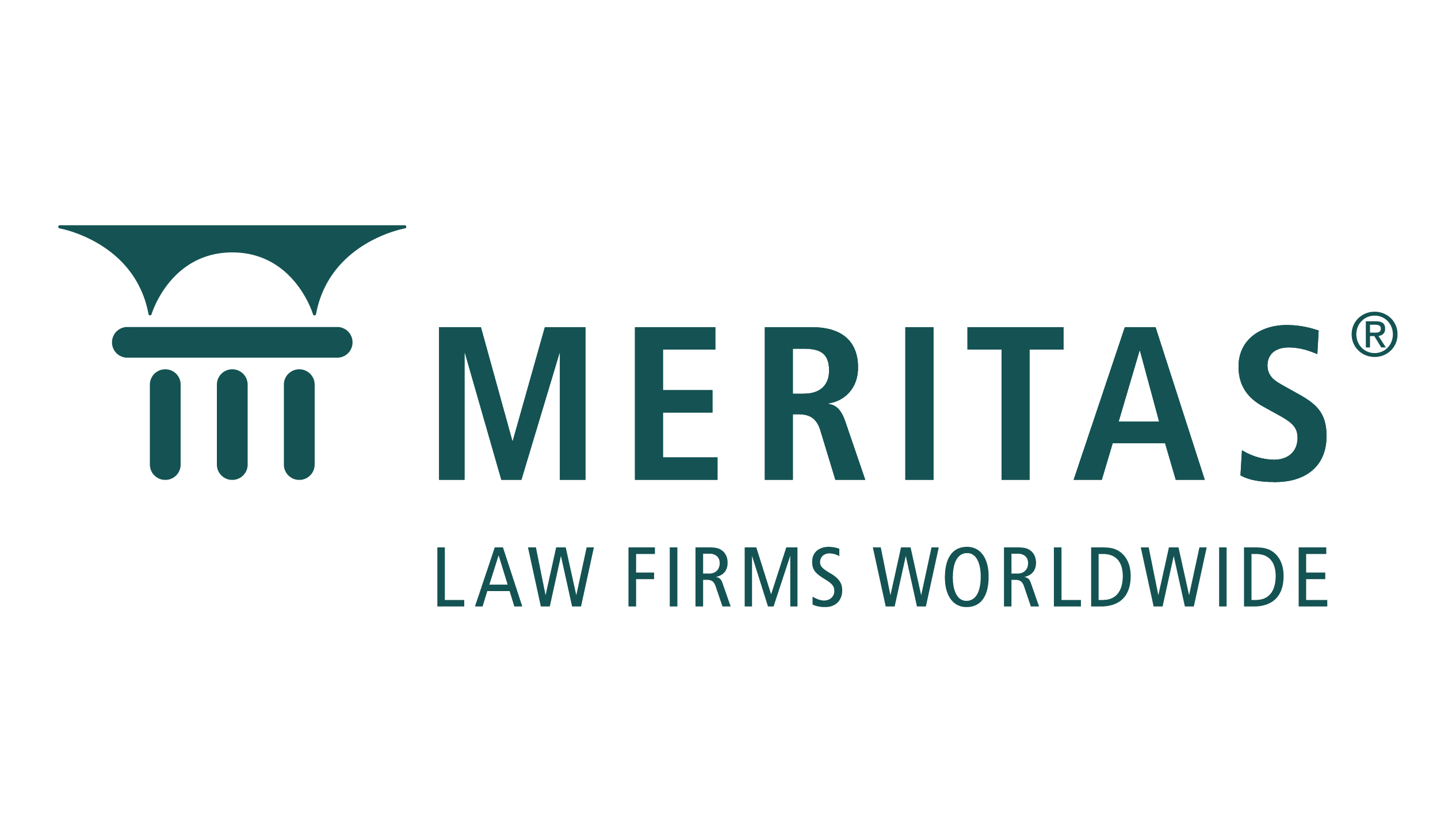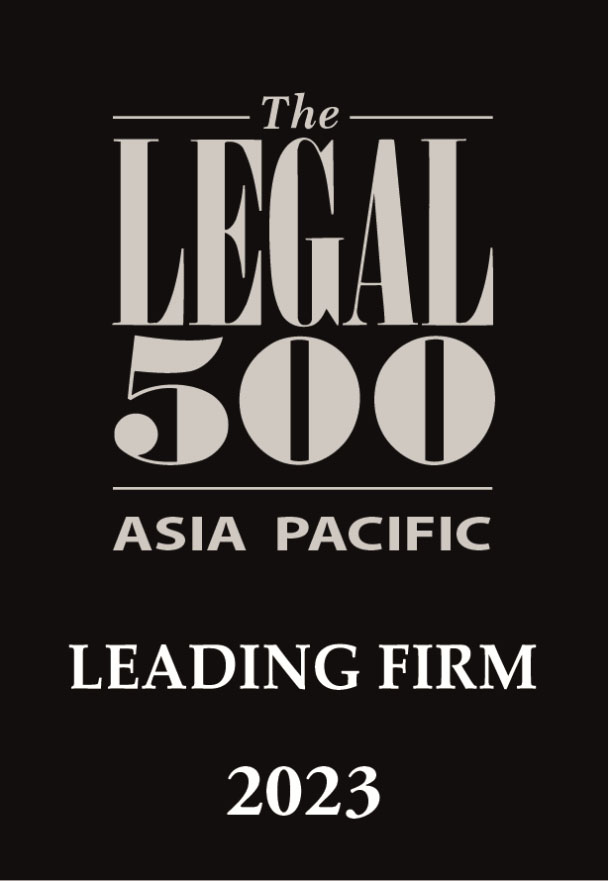
INSIGHT
Newsletter - New Capital Market Regulations on Material Transactions and Affiliated and Conflict of Interest Transactions
Author: Capital Market & Banking Finance Practice Group
- OVERVIEW
The Indonesian Financial Services Authority (Otoritas Jasa Keuangan – “OJK”) has recently issued the new regulations relating capital market sector, namely:
- OJK Regulation No. 17/POJK.04/2020 on Material Transactions and Change of Business Activities, entered into effect on 21 April 2020 (“POJK No. 17/2020”); and
- OJK Regulation No. 42/POJK.04/2020 on Affiliated and Conflict of Interest Transactions, entered into effect on 2 July 2020 (“POJK No. 42/2020”).
Pursuant to the closing provisions of the abovementioned regulations, the POJK No. 17/2020 supersedes and revokes the previous Head of Capital Market Supervisory Agency and Financial Institution (Badan Pengawas Pasar Modal dan Lembaga Keuangan - “Bapepam-LK”) Regulation No. Kep-614/BL/2011 dated 28 November 2011 on Material Transaction and Change of Main Business Activities, including Regulation No. IX.E.2 (“Regulation No. IX.E.2”) within 6 (six) months as of the enactment date of POJK No. 17/2020. Whilst the POJK No. 42/2020 supersedes and revokes the previous Head of Bapepam-LK Regulation No. Kep-412/BL/2009 dated 25 November 2009 on Affiliated Transaction and Conflict of Interest of Certain Transaction, including Regulation No. IX.E.1 (“Regulation No. IX.E.1”), effective as of 21 October 2020.
- MATERIAL TRANSACTIONS UNDER POJK NO. 17/2020
- Definition of Material Transactions
Under the previous Regulation No. IX.E.2, only certain transactions that are categorized as material transactions, i.e.: (i) investment; (ii) purchase, sale, transfer, exchange of assets or business segment; (iii) lease of assets; (iv) fund borrowing; (v) assets encumbrance; and/or (vi) provision of corporate guarantee – which is conducted by public companies and fulfil the threshold stipulated in Regulation No. IX.E.2.
To date, the POJK No. 17/2020 has significantly expanded the definition of material transactions by capturing every transaction entered by public companies or controlled company that fulfil the threshold as stipulated in POJK No. 17/2020. Elucidation of POJK No. 17/2020 further retain the material transactions stipulated in Regulation No. IX.E.2. as the sample of material transactions under POJK No. 17/2020.
- Threshold of Material Transactions
A transaction will be categorized as material transaction if the value of such transaction is equivalent to or exceed 20% (twenty percent) of the equity of public company. Transaction of acquiring or releasing companies or operation segment will also be categorized as material transaction, if:
- the value of such transaction is equivalent to or exceed 20% (twenty percent) of the equity of public company;
- the value of total assets involved as the transaction object divided with the total assets of the public company, is equivalent to or exceed 20% (twenty percent);
- the value of net profit of the transaction object divided with the nett profit of the public company, is equivalent to or exceed 20% (twenty percent); or
- the value of business profit of the transaction object divided with business profit of the public company, is equivalent to or exceed 20% (twenty percent).
It should be noted that in the event a public company with negative equity carries out the above mentioned transactions, such transactions will be deemed as material transaction if the value is equivalent to or exceed 10% (ten percent) of total assets of the public company.
- Approval of General Meeting of Shareholders (“GMS”)
Material transactions mentioned in Number 2 above must be prerequisite with approval from the GMS of public company if such material transaction exceeding 50% (fifty percent) of the threshold for respective transaction. As for material transaction carries out by public company with negative equity, it must be approved by the GMS of public company if such transaction exceeding 25% (twenty five percent) of the total assets of the public company. In the event appraisal report stating adverse opinion (opini tidak wajar) to the proposed material transaction, it must also be approved by GMS of the public company.
In addition, POJK No. 17/2020 requires material transaction to be approved by independent shareholders in the GMS, if: (i) the material transaction that requires approval from GMS as mentioned above contains affiliated transaction; (ii) the material transaction contains conflict of interest; and/or (ii) the material transaction potentially disrupt business continuity of the public company.
- Exemptions
The POJK No. 17/2020 provides list of transactions that are exempted from the requirements to conduct material transactions set forth in POJK No. 17/2020, among others:
- transaction with controlled company which shares are owned by the public company at the minimum 99% (ninety nine percent) from the total paid up capital of controlled company or transaction between controlled companies which shares are owned at the minimum 99% (ninety nine percent) by the public company;
- Loan facility transaction from foreign or domestic bank, venture capital companies, financing companies or infrastructure financing companies; or
- Restructuring transaction conducted by public companies which are directly or indirectly controlled by the government.
- AFFILIATED AND CONFLICT OF INTEREST TRANSACTIONS UNDER POJK NO. 42/2020
- Definition of Affiliated and Conflict of Interest Transactions
The new POJK No. 42/2020 broadens the definition of affiliated transactions compared to the previous Regulation No. IX.E.1. Under the POJK No. 42/2020, affiliated transaction is defined as every activity and/or transaction which is conducted by public companies or controlled companies with the affiliation of public companies or affiliation of the member of Board of Directors (“BOD”), member of Board of Commissioners (“BOC”), majority shareholder, controlling shareholder, including every activity and/or transaction which is conducted by public companies or controlled companies for the interest of affiliation of the public companies or affiliation of the member of BOD, member of BOC, majority shareholder or controlling shareholder. Whilst the definition of conflict of interest transactions under the POJK No. 42/2020 has also been expanded by inserting economic interest of controlling shareholder as a new indicator in stipulating conflict of interest transactions.
- Mandatory Internal Procedures for Affiliated Transactions
Public companies are obliged to have adequate and sufficient internal procedure to ensure the affiliated transactions are conducted in accordance with generally accepted business practices. The said internal procedures must be maintained by the public companies within the documents maintain period as stipulated by the prevailing laws and regulation.
- Approval of Independent Shareholders
Affiliated transaction must firstly be approved by independent shareholder in the GMS, in the event:
- the values of affiliated transaction fulfil the threshold of material transactions that must be approved by GMS;
- the affiliated transaction potentially disrupts business continuity of public companies; and/or
- based on OJK’s discretion, the proposed affiliated transaction requires approval from independent shareholder.
As for conflict of interest transaction, POJK No. 42/2020 clearly requires approval from the independent shareholder in the GMS as a prerequisite to conduct conflict of interest transaction.
- Exemptions
The following transactions are exempted from general requirements of affiliated or conflict of interest transactions in POJK NO. 42/2020:
- Internal purposes, among others:
- Utilization of every facility from the public company to their member of BOC, BOD and/or majority shareholder in the event the majority shareholder serves as employee of the public company and such facility is directly related to its responsibility and in accordance with the public company’s policy and has been approved by GMS;
- Transaction between public company and their employees, member of BOD, member of BOC, and transaction with the employees, member of BOD and member of BOC of controlled company with equivalent requirements, to the extent such transaction has been approved by GMS; or
- Compensation, including salaries, pension fund contributions, and/or special benefits for the members of BOD, members of BOC and majority shareholder in the event that the majority shareholder serves as employee, if the total amount of these benefits is regularly disclosed in financial report of the public company and to the extent such matter has been approved by the GMS.
- External purposes, among others:
- Transaction between: (1) public company and controlled company which shares are owned at the minimum 99% (ninety nine percent) from the paid up capital of the controlled company; (ii) controlled companies which shares are owned at the minimum 99% (ninety nine percent) by such public company; or (iii) controlled company and the company which shares are owned by controlled company at the minimum 99% (ninety nine percent) from paid up capital of such company;
- Transaction with value transaction of not exceeding 0,5% (zero point five percent) from the paid up capital of public company or not exceeding the amount of Rp. 5.000.000.000,- (five billion rupiah), the lower value is used; or
- Loan facility transaction directly from foreign or domestic bank, venture capital companies, financing companies or infrastructure financing companies.
)))000(((
Note:
This article is designated to provide only general information and is not intended to be a comprehensive advice; and the reader may not act on the basis of any information contained in this brochure without seeking professional advisor.





